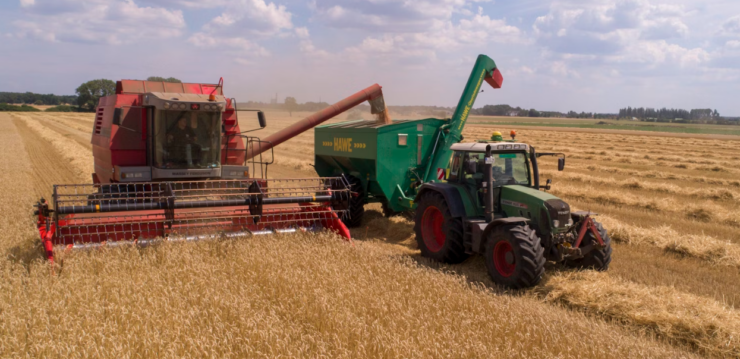Sustainable farming has become a necessity for the future of agriculture. Farmers are adopting eco-friendly methods to boost crop yield and protect soil health. These practices help minimize harmful impacts on the environment while supporting long-term productivity.
As per InsightAce Analytic, the global sustainable agriculture market is set to reach $31.35 billion by 2031. To keep agricultural production on track, it’s crucial to maintain top-quality natural resources like soil and water. We can boost agricultural growth while safeguarding these essential resources by focusing on conservation and implementing targeted practices.
The goal is to meet today’s food demands without depleting future resources. Fradarmers can keep their soil productive for years to come by concentrating on sustainability. It’s all about striking the correct balance between feeding the globe and protecting the environment. In this guide, we will explore key sustainable agricultural practices, including crop rotation, responsible herbicide use, and water management.
Crop Rotation: A Key to Soil Health and Productivity
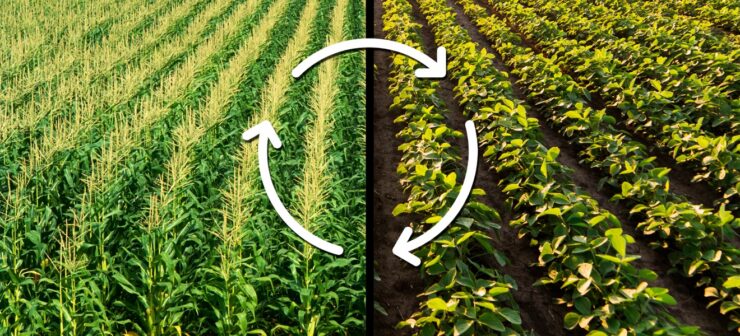
- Source: usfarmersandranchers.org
Crop rotation is one of the oldest and most effective practices for maintaining soil health and increasing productivity. Farmers reduce soil depletion and manage pests more effectively by alternating crops on the same land each season. Different crops consume and return different nutrients to the soil, avoiding nutrient depletion that can occur when the same crop is planted repeatedly.
MDPI reports that effective crop rotation is key to achieving sustainable crop yields, in addition to good farming management. Implementing crop rotation can lead to better and more stable yields, improved soil nutrients, and greater efficiency in nutrient use. It also significantly boosts yields for crops like wheat and maize compared to monoculture practices.
In addition, crop rotation disrupts the lifecycle of pests and diseases, reducing the need for chemical interventions. For farmers aiming to produce healthier crops, crop rotation is an essential tool for keeping the soil rich and the environment sustainable.
What is crop rotation’s benefit for soil?
Crop rotation prevents soil nutrient depletion by alternating different crops, which replenishes and balances soil nutrients. It also reduces pest and disease pressure, leading to healthier crops and improved yields. This practice helps maintain long-term soil fertility and sustainability.
Smart Weed Management: Using Herbicides Responsibly
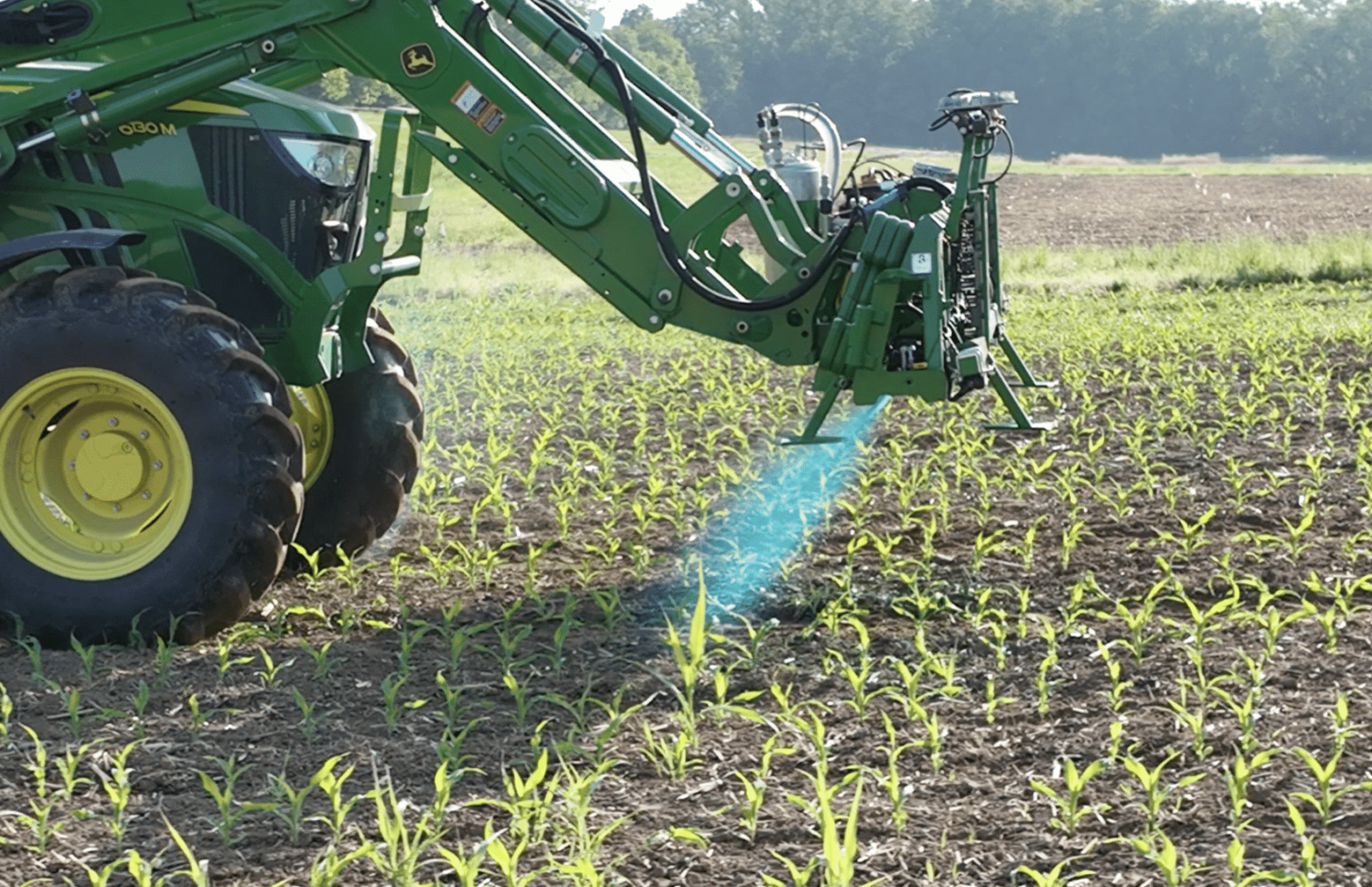
- Source: growiwm.org
Herbicides are important in contemporary agriculture because they assist farmers manage weeds that compete with crops for resources. However, their usage poses possible health and environmental hazards.
To minimize these risks, farmers are adopting more responsible herbicide use practices. This includes things such as targeted spraying, using less toxic alternatives, and integrating mechanical weed control methods. With this, farmers can protect both crop yield and human health, contributing to a more sustainable agricultural future.
Note that many herbicides, including those containing glyphosate, are under scrutiny for their possible links to cancer and long-term environmental damage.
CNBC mentions that glyphosate-based weedkillers are used on almost half of the corn and soybeans grown in the U.S. It’s also applied to fields growing wheat, oats, fruits, and cotton. Testing by the FDA has detected glyphosate residues on a range of crops, including oats, soybeans, and various fruits.
Roundup is one of the most well-known glyphosate-containing herbicides, and its safety has been the subject of many controversies. While it’s highly effective at eliminating weeds, studies have raised concerns about its potential link to cancer, particularly non-Hodgkin’s lymphoma. This has led to increased scrutiny and lawsuits, pushing some farmers and agricultural experts to explore alternatives.
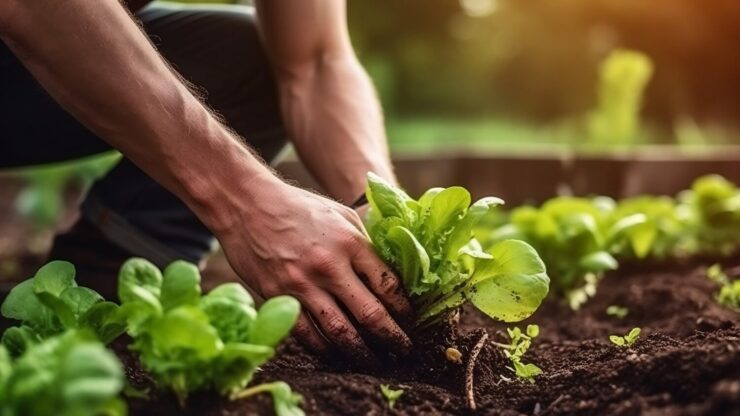
- Source: be-the-story.com
According to TorHoerman Law, the wave of lawsuits against Roundup manufacturers reflects a growing concern about the herbicide’s safety profile. These cases have highlighted significant controversies, as courts have been tasked with determining the extent of glyphosate’s risks. Many plaintiffs have claimed that despite warnings, they were not adequately informed about the potential dangers of long-term exposure to Roundup.
A September 2024 Drugwatch update mentions that 4,337 Roundup lawsuit cases are pending in federal multidistrict litigation in California. In January 2024, a Philadelphia jury delivered the largest Roundup verdict to date, awarding $2.25 billion to a Pennsylvania man.
These significant verdicts underscore the complex nature of mass tort litigation involving toxic chemicals. In such cases, determining individual compensation typically involves a thorough assessment of various factors, including the severity of health impacts, documented medical records, and clear evidence of exposure. Settlements are often tiered, with higher amounts allocated for severe conditions like cancer or organ damage, reflecting the extensive medical costs and profound pain and suffering endured by victims. Understanding the specific criteria and how these elements influence potential payouts is crucial for those affected by widespread chemical contamination, providing details on the pfas lawsuit compensation and similar claims.
This verdict followed five other successful plaintiff cases in 2023. Roundup lawsuit payouts like these highlight the ongoing legal battles and growing financial implications for Bayer, the maker of Roundup.
How can farmers use herbicides responsibly?
Farmers can use herbicides responsibly by applying them in targeted areas, choosing less toxic alternatives, and integrating mechanical weed control methods. This strategy helps to lessen environmental and health dangers while also efficiently managing weed populations. It is critical to follow standards and regulations to reduce potential harm.
Maximizing Water Management for Sustainable Farming
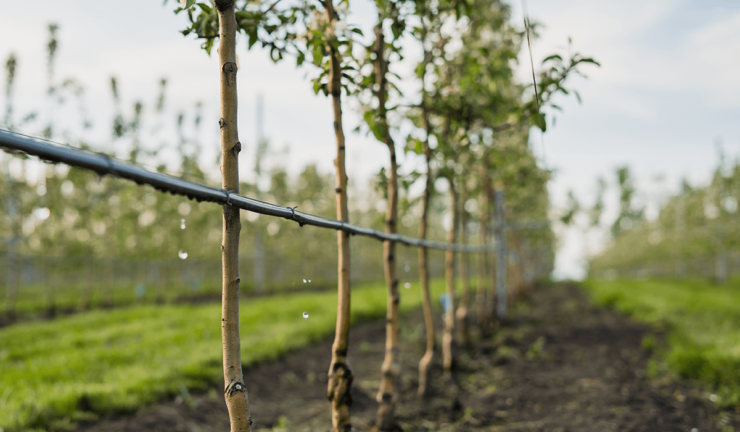
- Source: green.earth
Water is a valuable resource in agriculture, and proper utilization is essential for long-term cultivation. Innovative irrigation systems, such as drip irrigation and rainwater collection, enable farmers to decrease water loss while ensuring crops receive the necessary hydration. Farmers can prevent soil erosion, waterlogging, and the depletion of local water supplies by avoiding over-irrigation.
In addition, careful water management supports healthier crops by maintaining the right soil moisture balance, leading to better growth and productivity. Sustainable water management practices conserve this precious resource while improving the resilience of farming operations in the face of climate change.
Why is water management important in farming?
Effective water management is essential to conserve water resources and prevent soil erosion or waterlogging. Drip irrigation and rainwater collection are two techniques that help to offer continuous hydration while avoiding waste. Proper water management promotes crop health and responds to changing climate conditions, ensuring long-term agricultural output.
Sustainable agriculture is critical to ensuring our food security and conserving the environment. Through this, farmers can boost soil health, cut down on chemical use, and save vital resources.
These methods help build a stronger agricultural system that can handle climate change and ensure a steady food supply for years to come. It’s essential to keep exploring and embracing new sustainable farming techniques to meet the rising food demands while caring for our planet.

